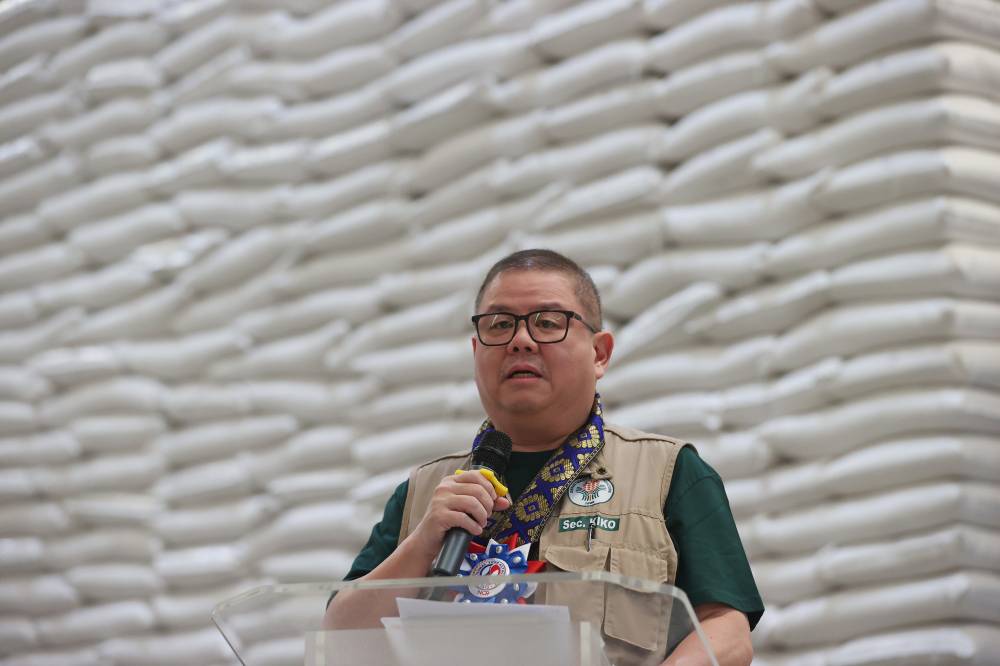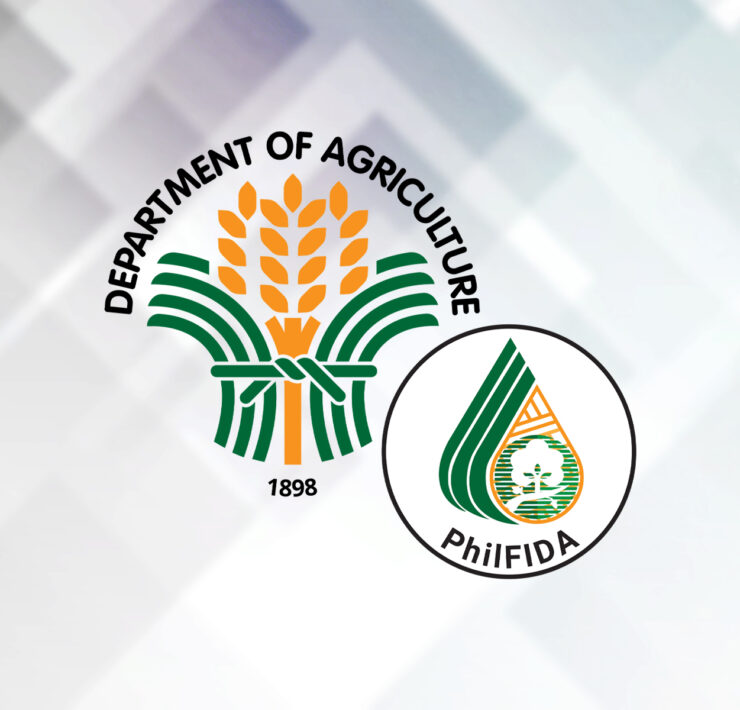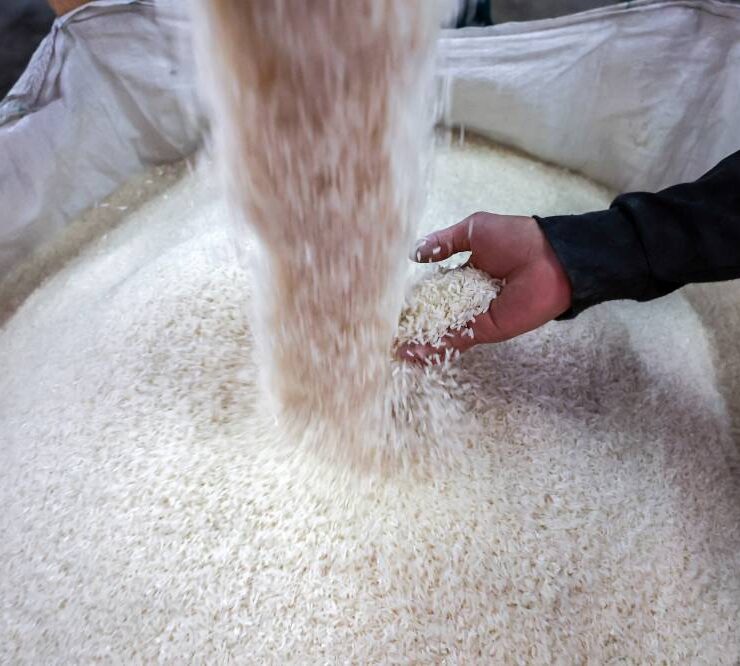Subsidized rice program reaches Bohol town

The Department of Agriculture (DA) has launched the subsidized rice program in Bien Unido town in Bohol. This is meant to help increase access to lower-priced rice for as many Filipinos as possible.
The initial rollout has benefited 2,700 residents of this town. They include senior citizens, solo parents, persons with disabilities, 4Ps beneficiaries, farmers, fisherfolk and minimum wage earners.
During the launch, Agriculture Secretary Francisco Tiu Laurel Jr. led the turnover of agricultural inputs and equipment to local farmers and fisherfolk in the municipality.
“The ongoing rollout reflects the president’s directive to reach up to 15 million households by next year, with sustained implementation until the end of his term in 2028,” Tiu Laurel said on Friday.
Agriculture Assistant Secretary Genevieve Velicaria-Guevarra said the continued interagency collaboration will ensure the initiative’s smooth implementation.
“Under Secretary Tiu Laurel’s leadership, the DA is committed not only to easing the burden on vulnerable communities but also to strengthening the livelihoods of our farmers and fisherfolk,” she added.
Since its launch last May, the P20 rice program has become available in 223 sites nationwide.
Under the program, the DA, through Food Terminal Inc., purchases rice from the National Food Authority and sells it to eligible beneficiaries for P20 per kilo.
The agency is partnering with local government units and government agencies to scale up the subsidized rice sale across the country.
Recently, the DA expanded its scope to include rice farmers, farm workers, fisherfolk. It will be extended to jeepney and tricycle drivers on Sept. 16. The initial phase will cover 4,000 registered drivers in Navotas City.
The DA is also coordinating with the Department of Transportation to expand the initiative to tens of thousands more drivers nationwide.
To strengthen the system, the DA will launch the P20 mobile application on Oct. 1 to map out efficient logistics, ensure transparency and prevent abuse.





















